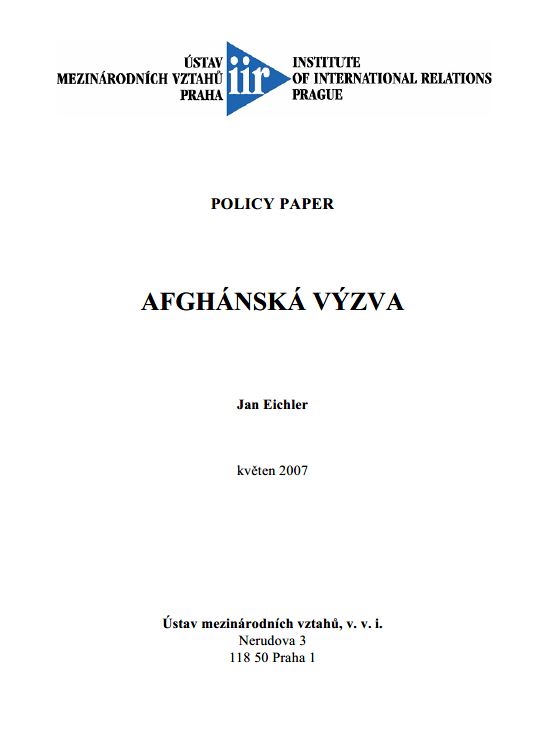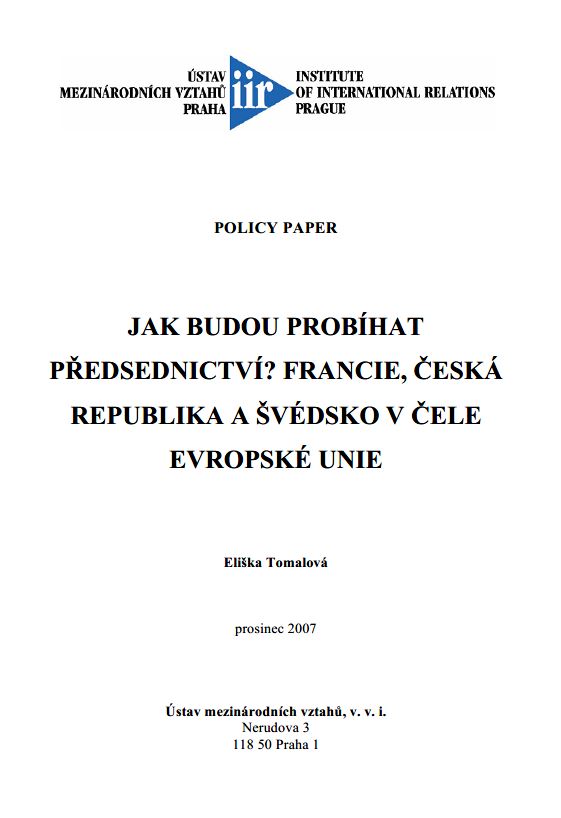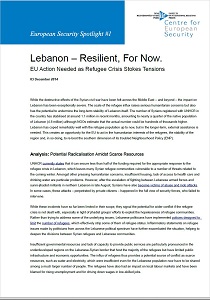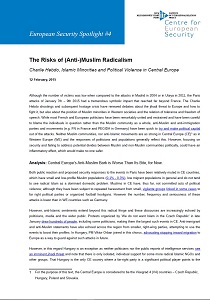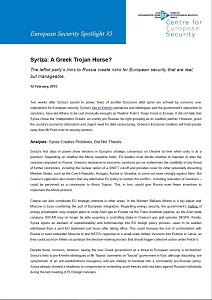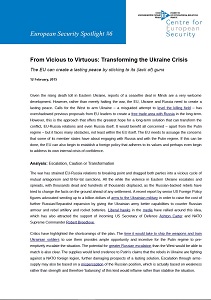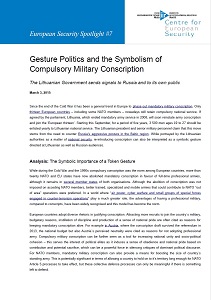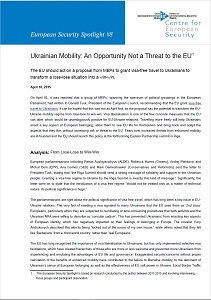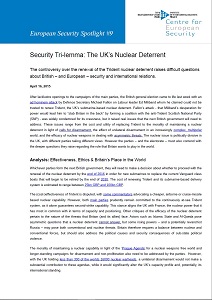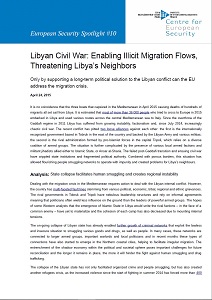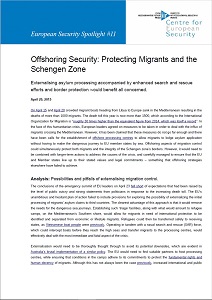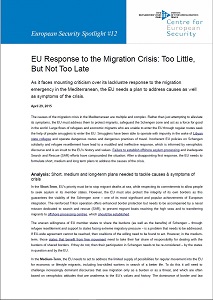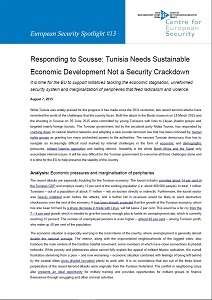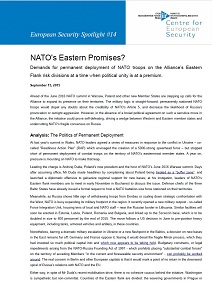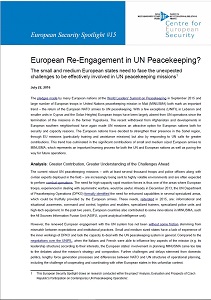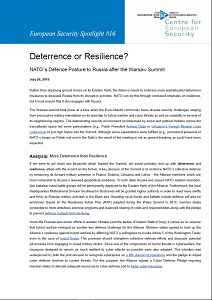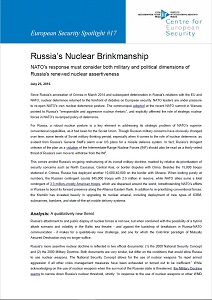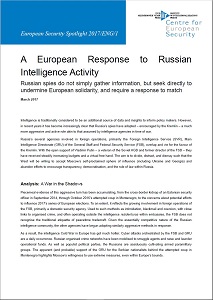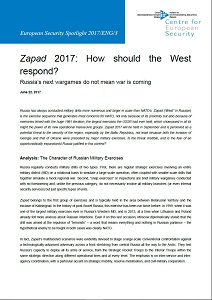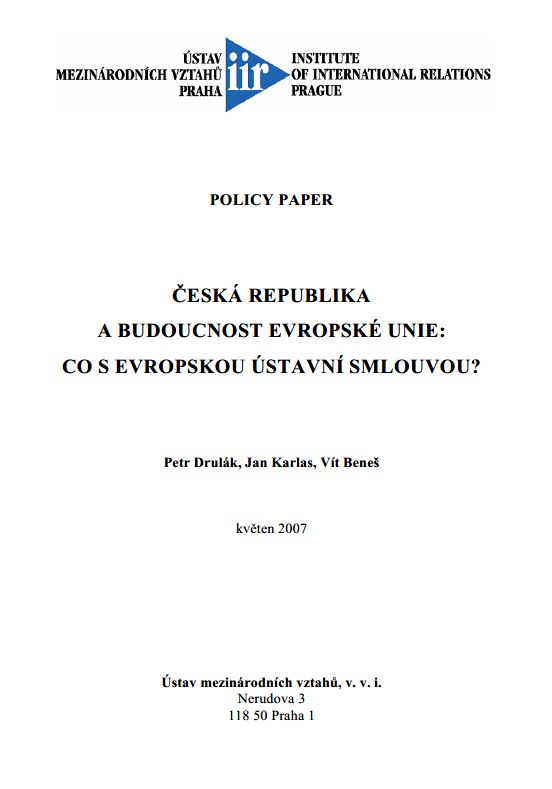
Czech Republic - The future of the European Union: What to do with the European Constitutional Treaty?
Česká Republika - A budoucnost Evropské Unie: Co s Evropskou ústavní smlouvou?
Keywords: politics; EU; Czech Republic; Constitutional Treaty; internal market; economic policy; Union's external action;
Pozice české vlády k základním otázkám budoucího uspořádání EU nabývá v posledním období konkrétnější obrysy. Vláda přijala převažující evropskou představu, že východiskem dalších jednání o uspořádání EU by měl být stávající návrh Evropské ústavní smlouvy (dále jen ústavní smlouva). Současně však zdůraznila, že nová smlouva by měla být přehlednější a jednodušší. Co bychom z tohoto dokumentu měli zachovat, co změnit a čeho se úplně vzdát? Na tuto otázku se snažila odpovědět expertní skupina,1) která se od ledna do března tohoto roku scházela v Ústavu mezinárodních vztahů. Tato diskusní setkání byla iniciována náměstkem místopředsedy vlády pro evropskou integraci Jiřím Šedivým s cílem vyhodnotit z hlediska českých představ o EU nejdůležitější změny, které oproti stávajícímu stavu přináší ústavní smlouva. Tradiční českou rozpolcenost v otázkách evropské integrace se skupina snažila překonat trojím způsobem.
More...
